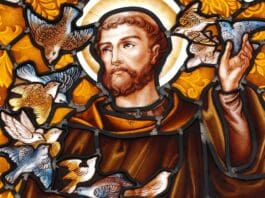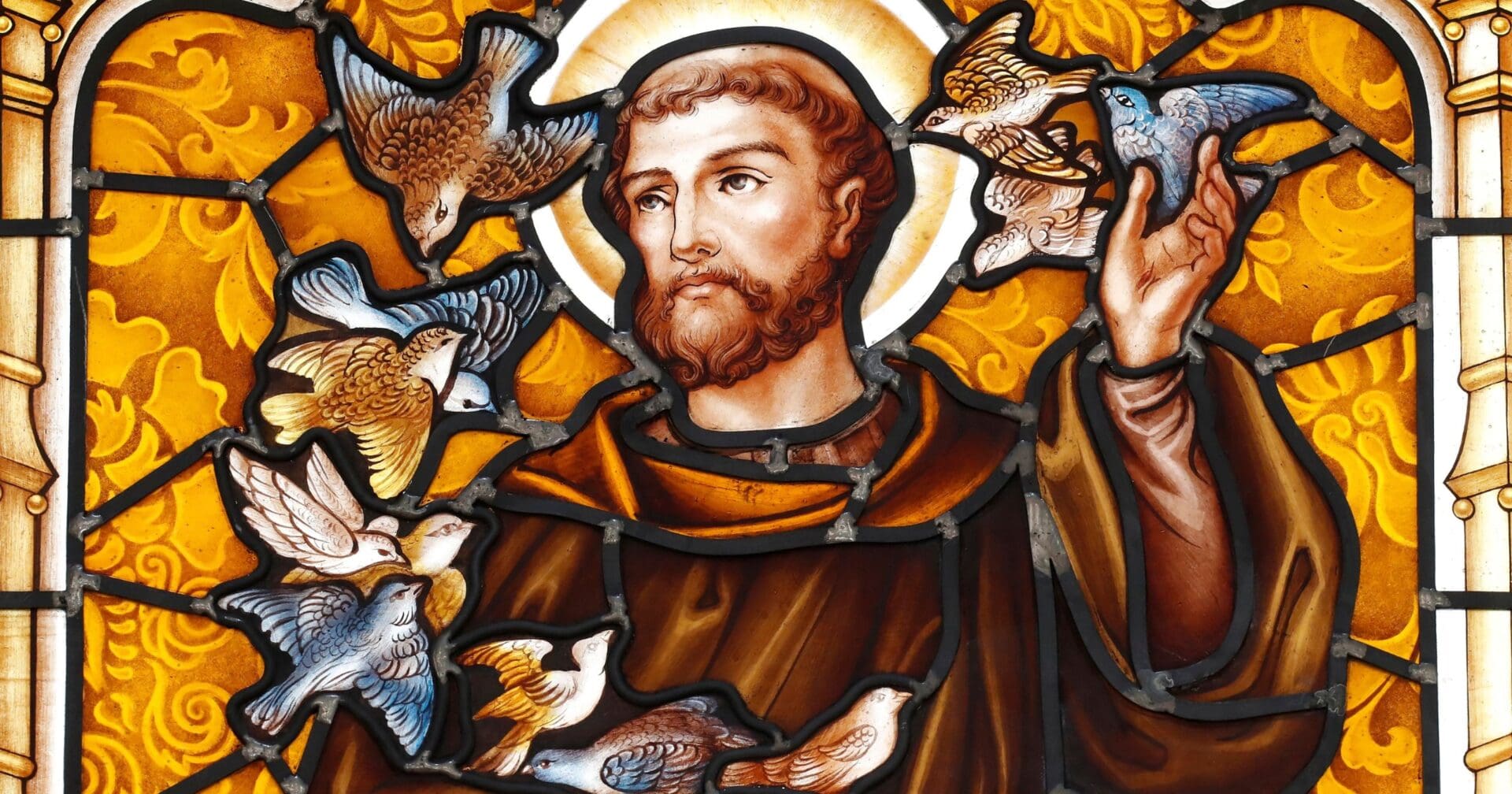
Rather than interpreting the gospel in a restrictive sense, he lived it out, mirroring the words and deeds of Jesus without any pretense or self-promotion. To capture the breadth of his life’s magnificence in a few words is challenging.
A severe illness was a turning point for the young Francis, leading him to question the frivolity of his early years as Assisi’s youth leader. An intimate journey of prayer brought him closer to Christ’s self-sacrifice, epitomized when he lovingly embraced a leper on his path. This act was a testament to his spiritual transformation and dedication to the divine call: to despise worldly desires and find joy in God’s ways.
An encounter with a crucifix in the dilapidated San Damiano chapel changed his life. The voice of Christ urged, “Francis, repair my house, which is in ruins.” While Francis took this message to heart, rebuilding the physical structure, he likely sensed a deeper, metaphorical significance.
Renouncing all material ties, he even stood undressed before his father, signaling his complete surrender to the heavenly Father. His radical commitment to Christian ideals initially earned him disdain and ridicule. However, as is often the case, authenticity shines through. Slowly, onlookers recognized his unwavering intent to embody Christ’s teachings, particularly the message of living a life of simplicity, as found in Luke 9:1-3.
Though Francis never aimed to establish an order, the inception of the Franciscan Order was inevitable, given his influence. His steadfast commitment to the Church was commendable, especially in an era marred by divisive reformative tendencies.
Francis grappled with the choice between a contemplative life and active evangelism. He leaned towards the latter but found solace in solitude whenever possible. His missionary aspirations were cut short by unfortunate circumstances. Still, his zeal led him to attempt converting the Egyptian sultan during the Fifth Crusade.
Towards his life’s end, ailing and almost blind, Francis was imprinted with the stigmata, bearing the wounds of Christ. As he neared his end, he praised God for the inevitable, singing about “Sister Death” and wishing to depart this world as humbly as Jesus had.
Saint Francis is venerated as the patron of myriad causes including Italy, animals, ecology, and numerous cities and dioceses.
Editorial credit: godongphoto / Shutterstock.com
The post Saint Francis of Assisi appeared first on uCatholic.
Daily Reading
Thursday of the Second Week in Ordinary Time
Reading 1 Hebrews 7:25—8:6 Jesus is always able to save those who approach God through him, since he lives forever to make intercession for them. It was fitting that we…
Daily Meditation
Finding Solace in Jesus
Click here for daily readings “He had cured many, and, as a result, those who had diseases were pressing upon him to touch him” (Mk 3:10). This scene opens with…




